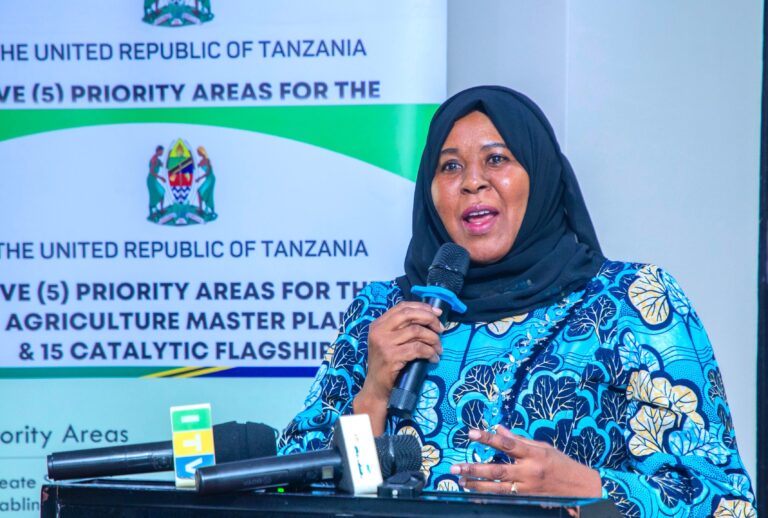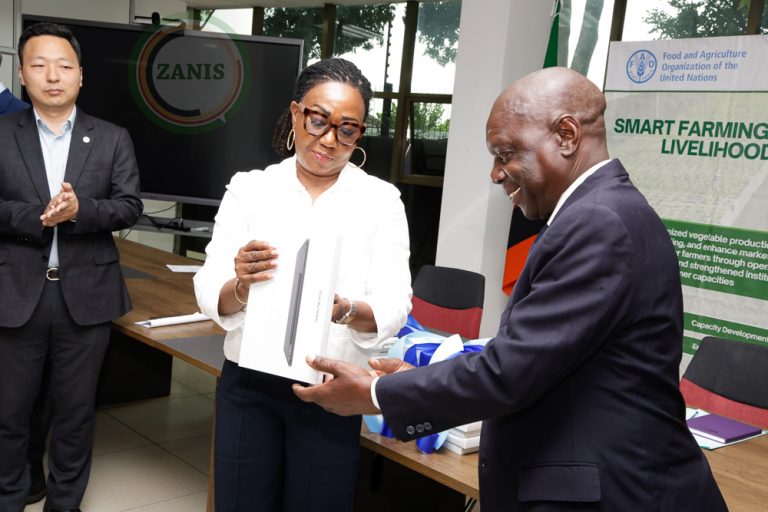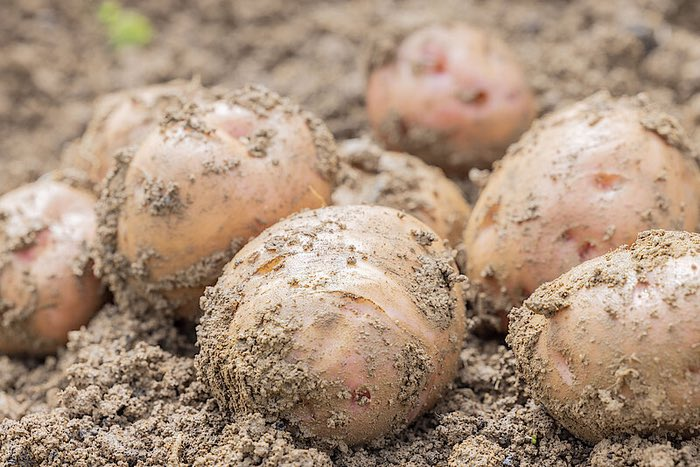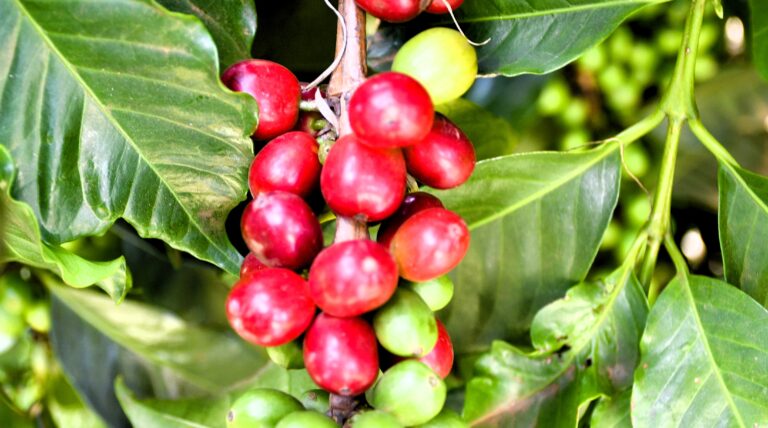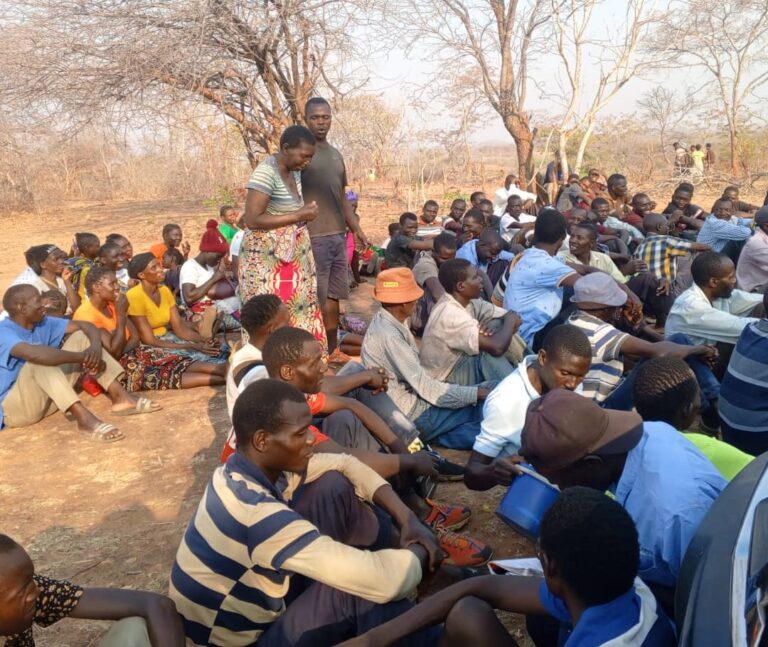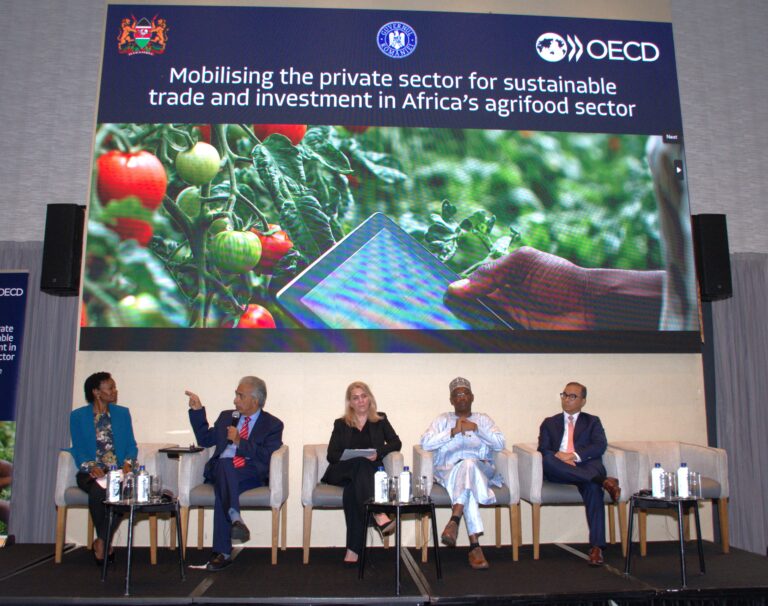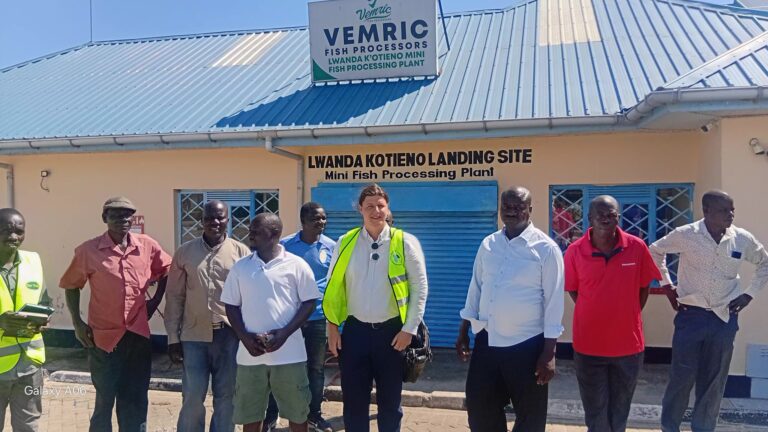Farmers reap big as Danida-backed project transforms banana farming, boosts incomes, and launches Africa’s first organic banana cooperative
For years, banana farmers in Taveta had watched helplessly as their fruit ripened on the stem, only to rot in the fields or be sold at throwaway prices to exploitative middlemen.
With unreliable markets, poor infrastructure, and limited access to quality seedlings, many farmers abandoned their once-productive farms, sinking deeper into poverty. Children dropped out of school, debts piled up, and vast fertile lands lay idle, a grim picture in a region with ideal conditions for banana production.
Today, that picture has undergone a dramatic change.
At a ceremony in Taveta marking the close of the Danida Market Development Partnership (DMDP) programme, farmers, government officials, and development partners celebrated what has been described as an agricultural revolution that has transformed the lives of more than 2,000 smallholder farmers and positioned Taita Taveta as Kenya’s emerging banana powerhouse.
Rose Dawa, a farmer from Kitobo, recalled the hardships of the past. We had bananas, but no one to buy them,” she said. “Even when we found buyers, they dictated the prices. We had no choice but to accept whatever they offered, no matter how little.”
For Dawa and others, farming was a losing game. Without structured markets, farmers were vulnerable to brokers who either paid extremely low prices or defaulted altogether, leaving families struggling to meet basic needs.
The challenges extended to production. According to Penina Mshabaha, a lead farmer in the project, most farmers used traditional banana varieties that were disease-prone and yielded poorly.
“We didn’t know about tissue culture seedlings,” she explained. “We would plant suckers from our old farms, and productivity kept declining year after year.”
Poor handling and the absence of aggregation centres led to massive post-harvest losses, up to 32.4 metric tons annually. Poor road networks, unreliable electricity, and water shortages further hampered transport and value addition efforts.
It was against this backdrop that the Micro-Enterprise Support Programme Trust (MESPT), in partnership with Danish development agency DANIDA and commercial partners Orana A/S and Wanda Agriculture Group, launched the five-year DMDP programme in 2020. The initiative aimed to transform the banana subsector in Taita Taveta by promoting sustainable, inclusive, and climate-resilient agricultural practices.
The first step was ensuring access to quality planting material. Working with JKUAT Enterprises, Maua Mazuri, and local nurseries, the programme distributed 476,035 tissue culture seedlings to farmers, 96.6 per cent of which were the high-yielding, disease-resistant Grand Nain variety.
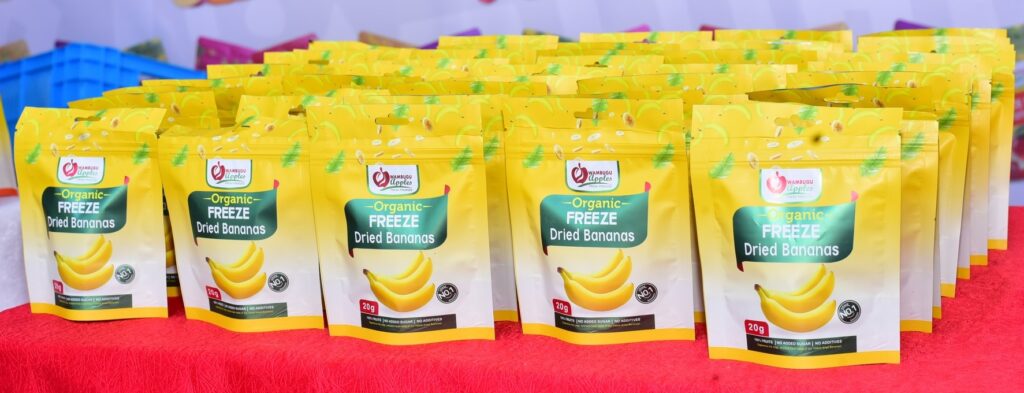
Emmanuel Lomwatu, a nursery operator, said the initiative was life-changing. “MESPT connected me with the KEPHIS Horticultural Crops Directorate, which enabled me to produce certified seedlings,” he said. “Now I can supply over 10,000 seedlings to farmers.”
To make quality seedlings affordable, the programme introduced a credit-based model allowing farmers to pay after harvest. Over 2,167 farmers were trained on Good Agricultural Practices (GAP) and Climate-Smart Agriculture (CSA), with adoption rising from 57 per cent to 82 per cent by the programme’s conclusion.
The results were remarkable. Average yields rose by 27 per cent from 18.59 to 23.56 metric tons per acre — while post-harvest losses dropped by 85 per cent, from 32.4 metric tons to just 0.48 metric tons.
“This project has helped me sell my produce at better prices, support my children’s education, and achieve financial stability,” said Dawa.
Household incomes also grew significantly. Monthly income increased by 35 per cent from KSh 22,925 to KSh 30,858, while annual net income from banana sales rose by 62 per cent from KSh 137,750 to KSh 223,136. Farmers who intercropped with beans, maize, and vegetables earned an additional 45 per cent in revenue.
A key milestone was the creation of Africa’s first organic banana cooperative. Orana A/S Director Niels Osterberg said the concept was born out of a discussion with MESPT CEO Rebecca Amukhoye after the project faced partnership hurdles.
“Rebecca suggested splitting the project into an organic part and a conventional part,” he recalled. “We wanted the organic side because global demand is higher for organic produce.”
Denmark, where Orana A/S is headquartered, has the world’s highest per capita spending on organic food, making it an ideal export market. The Taveta organic cluster earned full certification and has already supplied over 28,000 tons of organic bananas under a premium export deal running until 2034.
“This region is the first of its kind to produce organic bananas in Kenya and Eastern and Central Africa. The farmers are happy with the premium prices they are receiving,” said Amukhoye.
The programme strengthened the entire value chain. The Taita Taveta Banana Cooperative (TATABA) increased its weekly banana aggregation from 20 to 48 metric tons. Vice Chair Rozina Mrutu said the cooperative now trains farmers, distributes seedlings, and conducts market surveys to ensure fair pricing.
Overall, 2,197 farmers were linked to commercial buyers, facilitating the sale of 29,488 metric tons of bananas, 97 per cent of the project’s target. The initiative also created 398 jobs, including 79 decent jobs with social benefits and 319 full-time equivalent roles, with women accounting for 39 per cent and youth 36 per cent.
Taita Taveta Governor Andrew Mwadime praised the project’s contribution to employment creation. “Youths finish school but don’t get employment, but through agriculture they can earn a living,” he said.
The programme also advanced environmental sustainability. Farmers planted about 242,000 trees under agroforestry systems, supporting Kenya’s 15-billion-tree initiative. Eighty-three per cent of farmers now practice mulching, and 56 per cent maintain compost pits that convert residues into organic manure.
Commercial partners Orana A/S and Wanda Agriculture Group invested more than KSh 502 million in circular economy innovations, including banana trunk fibre extraction, composting, and eco-packaging, achieving 100 per cent waste conversion at commercial farms. Ziada Solutions processes about 100 trunks daily into fibre, slurry, and banana flour.
In promoting responsible business conduct, 2,036 farmers received training on human rights, environmental protection, fair labour practices, and anti-corruption. This has reduced child labour, eliminated gender-based wage disparities, and curtailed middlemen exploitation.



